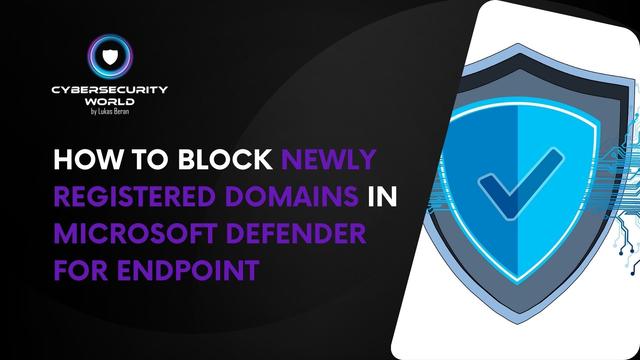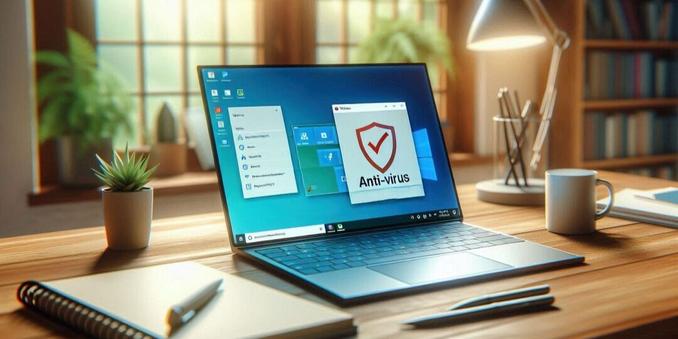Land Rover Defender 110 Trophy Edition busca resgatar passado de aventuras da marca inglesa https://www.noticiasautomotivas.com.br/land-rover-defender-110-trophy-edition-busca-resgatar-passado-de-aventuras-da-marca-inglesa/ #Defender
#Defender
📣 New Podcast! "Privacy Wins, Compassionate Justice & Inclusive Classrooms" on @Spreaker #accountability #civil #data #databases #defender #defense #federal #governance #government #holistic #in #liberties #model #personal #privacy #protection #public #reform #rights #transparency
Privacy Wins, Compassionate Ju...
Raiders: Germaine Pratt adds quality run defender to linebacker corps
Linebacker is arguably the weakest position group on the Las Vegas Raiders’ roster. So, when the…
#NFL #LasVegasRaiders #LasVegas #Raiders #adds #and #black #corps #defender #Football #front-page #Germaine #las-vegas-raiders-depth-chart #las-vegas-raiders-free-agency #las-vegas-raiders-roster #linebacker #nfl-analysis-play-breakdowns #nfl-free-agency #Pratt #pride #quality #run #silver #To
https://www.rawchili.com/nfl/138483/
#landrover #defender job list ✅
1. Re-attach drivers door handle which half fell off.
2. Replace more rusty stuff
Then straight after engine light comes on and it’s in limp mode
#Jeep executives talk about how the #Recon #EV could replace the Wrangler. While I think the Recon is interesting, I think this speaks of a fundamental misunderstanding about what makes the Wrangler what it is. Just like with #LandRover and their bastardisation of the #Defender. It’s not purely about passing through an offroad course and it’s certainly not about being able to remove doors. But rather: why those doors can be removed. The Wrangler is a platform, modular, repairable, modifiable.
OK Chat new revelation.
Windows Defender will quarantine malicious files.
Once quarantined, it will never check those files again. Even if a definition update no longer classes that file as malicious, it will not inform you or release the file.
It will also not generate file hashes prior to quarantine, so you can't check its status elsewhere either.
Your only option is to release the potentially malicious file back into your computer and check it manually by rescanning it with Windows Defender or something else.
Or you just delete the file.
Stupid, useless, fucking piece of shit "just trust me bro", trash software. I hate Microsoft. I hate Microsoft. I hate Microsoft. I hate Microsoft. I hate Microsoft. I hate Microsoft.
And before you ask, I don't have the Security Portal, I don't have an E5000 license or whatever, i cannot "collect the file", this server is SCCM Managed, the other super fucking expensive endpoint management solution. I'm not giving them more cash because it might fix the current half-built slum of an ecosystem, how about they make a good product first and then I'll buy it, scam of a company design to fail.
#windows #microsoft #defender
Defender nawiązuje współpracę z narciarzem wysokogórskim Andrzejem Bargielem
Marka Defender ogłosiła nawiązanie partnerstwa z Andrzejem Bargielem, światowej klasy narciarzem wysokogórskim, eksploratorem i laureatem tytułu „Adventurer of the Year” przyznawanego przez National Geographic. Współpraca ma opierać się na wspólnych wartościach, takich jak determinacja i przekraczanie granic.
Andrzej Bargiel, znany jako pierwszy człowiek, który zjechał na nartach z K2 bez użycia tlenu, będzie korzystał ze wsparcia technologicznego i logistycznego marki Defender podczas swoich przygotowań i wypraw.
„Fascynuje mnie możliwość docierania tam, gdzie inni widzą wyraźną granicę – i jeszcze dalej. Współpraca z marką Defender jest dla mnie naturalnym krokiem” – powiedział Andrzej Bargiel.
W ramach partnerstwa sportowiec będzie użytkował model Defender 110 P300e w wersji X-Dynamic HSE. Jest to pojazd z napędem hybrydowym typu plug-in, wyposażony w system Terrain Response oraz pakiet ekspedycyjny, który obejmuje m.in. relingi dachowe z platformą, hak holowniczy, osłony podwozia i opony terenowe. Samochód ma wspierać Bargiela w jego codziennych działaniach, logistyce i podczas przygotowań do kolejnych wypraw.
„Jeśli na świecie faktycznie ktoś uosabia cechy, które przyświecają marce Defender od początku jej istnienia, z pewnością jest to Andrzej Bargiel. To naturalne partnerstwo; tym razem człowiek i „maszyna” działają ramię w ramię. Jesteśmy z tego powodu niezwykle dumni” – skomentowała Małgorzata Jankowska, Dyrektor Marketingu i PR Inchcape JLR Poland.
Nowy Land Rover Defender OCTA – polski debiut pojazdu iście ekstremalnego
Ilya Andreyevich Serikov (#Russian: Илья Андреевич Сериков; born 4 March 1995) is a Russian professional #footballer who plays as a #defender for #MontenegrinFirstLeague club #Budućnost.
Me: Searches for #OpenGRC with #Bing
Bing: #Copilot answer: opengrc[dot]com
Me: clicks the link
#Defender: You can't access this page
Me: WTF?! Why?
Narrator: He goes back to the search results
Me: For the sake of fucks!
I guess it is time to check if I can disable Copilot in Bing even more...
Second WFT also goes to #Microsoft because I have the ads disable by policy but they still show my a freaking sponsored result on the top.
The worst is that I am still surprised and that I pay for this crap.
Land Rover Defender ganha atualização visual https://www.noticiasautomotivas.com.br/land-rover-defender-ganha-atualizacao-visual/ #Defender
𝗛𝗼𝘄 𝘁𝗼 𝗯𝗹𝗼𝗰𝗸 𝗻𝗲𝘄𝗹𝘆 𝗿𝗲𝗴𝗶𝘀𝘁𝗲𝗿𝗲𝗱 𝗱𝗼𝗺𝗮𝗶𝗻𝘀 𝗶𝗻 𝗠𝗶𝗰𝗿𝗼𝘀𝗼𝗳𝘁 𝗗𝗲𝗳𝗲𝗻𝗱𝗲𝗿 𝗳𝗼𝗿 𝗘𝗻𝗱𝗽𝗼𝗶𝗻𝘁
Newly registered domains can of course be legitimate. Every domain is new at some point. But usually there isn’t any content on new domains right away – the content is still being developed, and the launch of the site won’t happen for some time.
But newly registered domains are often a tool for phishing attacks. Such domains are usually used in phishing attacks immediately after registration and usually disappear again after a short time, for example because they are cancelled or blocked by the registrar.
Blocking access to newly registered domains is a relatively popular and effective way of eliminating phishing.
It is possible to block newly registered and parked domains within Microsoft Defender for Endpoint. Domains within the first 30 days of registration are considered newly registered.
📺 Watch my YouTube video bellow 👇 👇
https://youtu.be/oYtDHK90P1M
Tuesday, May 20, 2025
Zelensky had to remind Trump peace talks already underway during call with EU leaders — For war-weary Europe, Trump-Putin call yet another signal to wake up — Trump doesn’t know how to deal with gangsters — US lets Ukraine down, once again — Because of Russia, my child understood fear early … and more
https://activitypub.writeworks.uk/2025/05/tuesday-may-20-2025-2/
Windows 11: Antiviren-Programme noch notwendig?
Kennst du noch die Zeiten, in denen du nach einer frischen Windows-Installation sofort ein Antiviren-Programm nachinstallieren musstest? Diese […]
https://grellmann.net/windows-11-antiviren-programme-noch-notwendig/?mtm_campaign=mastodon
#Bedrohung #Datensicherung #Defender #Sicherheitssoftware #Viren #Windows11
Geely Galaxy Battleship: Nombre de nave espacial, clon de Land Rover
#CrossoverSUV #Elctrico #Geely #Hbrido #Noticias #Opinin #Tecnologa #Todoterreno #4x4 #China #CochesChinos #Copias #Defender #Geely #GeelyGalaxyBattleship #hbridos #LandRover #SUV #Tecnologa
#espirituRACER #coches #cars
#BSI: #Microsoft #Defender für #Endpoint für #Linux: Schwachstelle ermöglicht Privilegieneskalation
Ein lokaler Angreifer kann eine Schwachstelle in Microsoft Defender für Endpoint für Linux ausnutzen, um seine Rechte zu erhöhen.
https://wid.cert-bund.de/portal/wid/buergercert/details?uuid=2e58de30-2494-497b-8dcd-c5d0d6d705c7
#BSI WID-SEC-2025-1073: [NEU] [mittel] #Microsoft #Defender für #Endpoint für #Linux: Schwachstelle ermöglicht Privilegieneskalation
Ein lokaler Angreifer kann eine Schwachstelle in Microsoft Defender für Endpoint für Linux ausnutzen, um seine Privilegien zu erhöhen.
https://wid.cert-bund.de/portal/wid/securityadvisory?name=WID-SEC-2025-1073

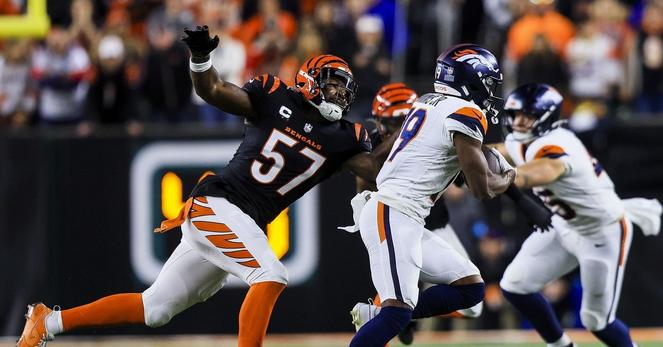
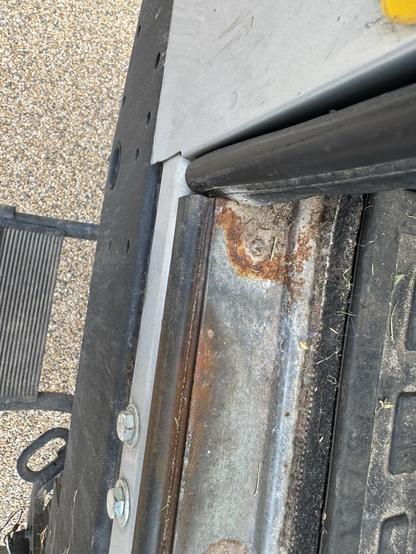
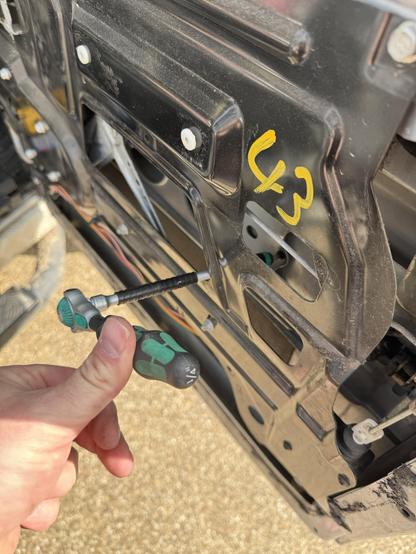
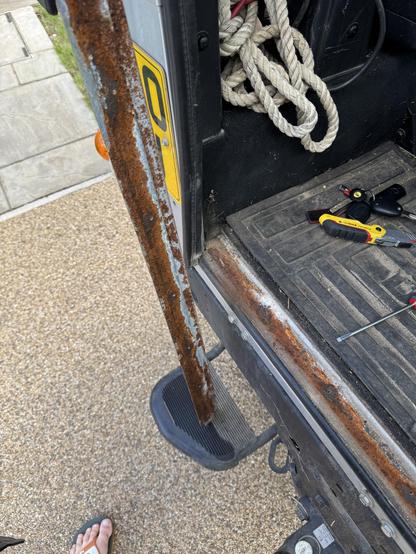







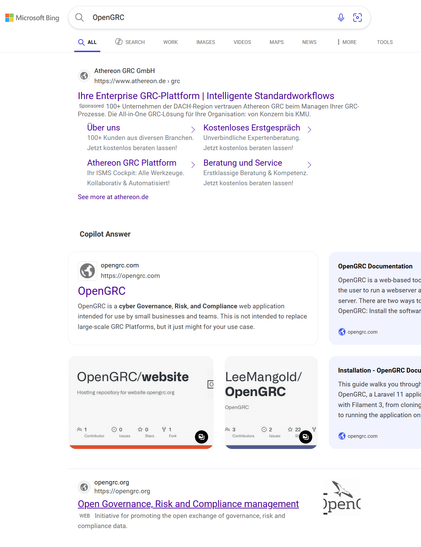
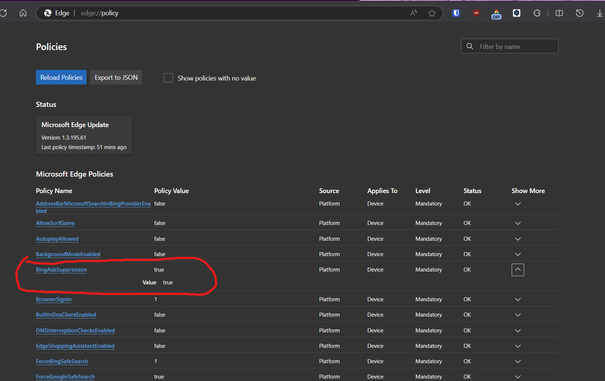
![Microsoft Defender SmartScreen blocking access to the opengrc[dot]com website](https://files.mastodon.social/cache/media_attachments/files/114/592/223/290/872/989/small/52195af21e9e53cc.png)

